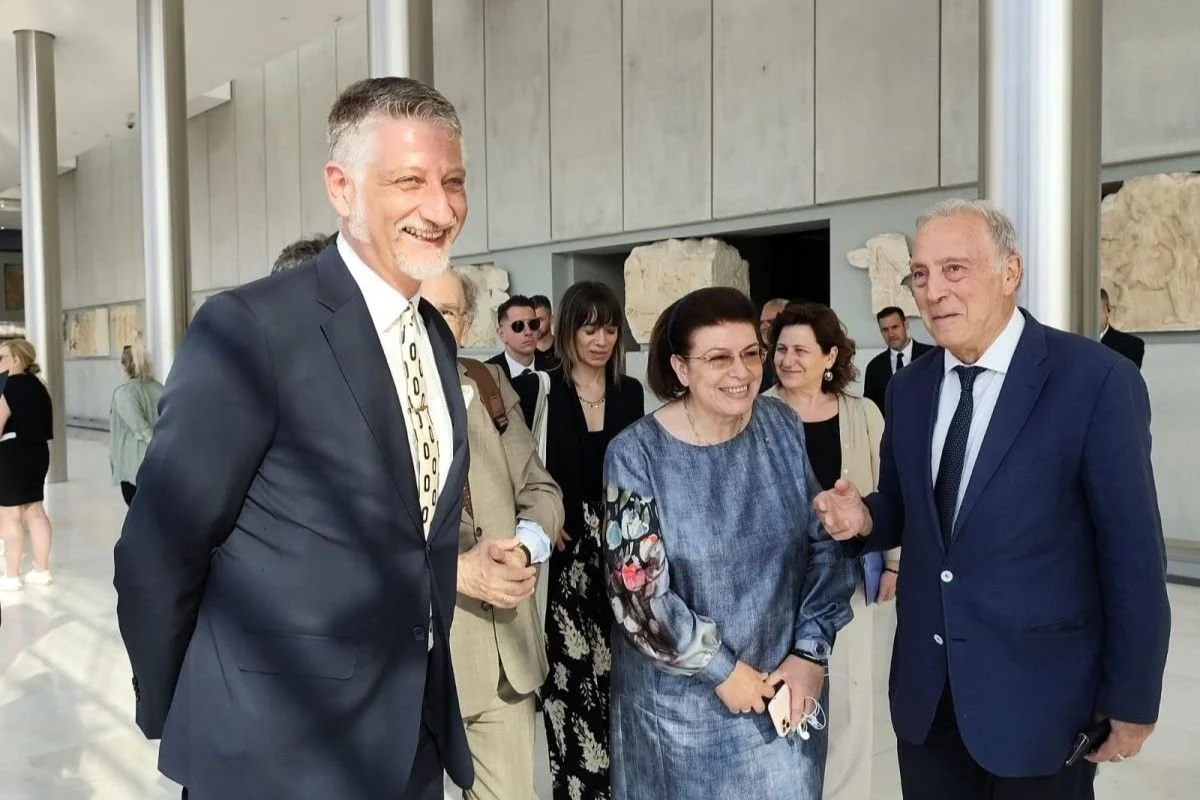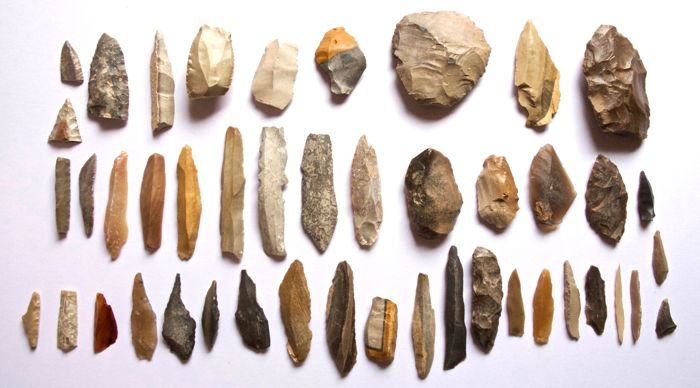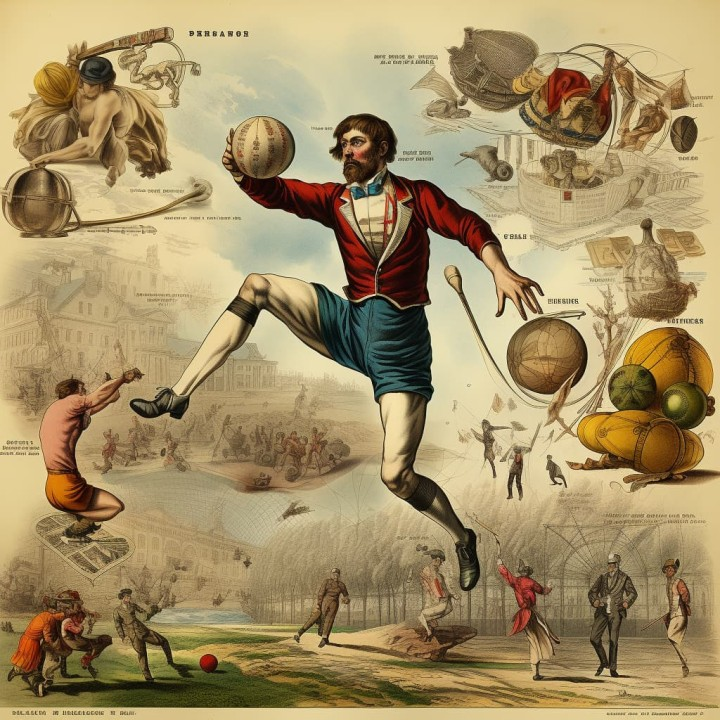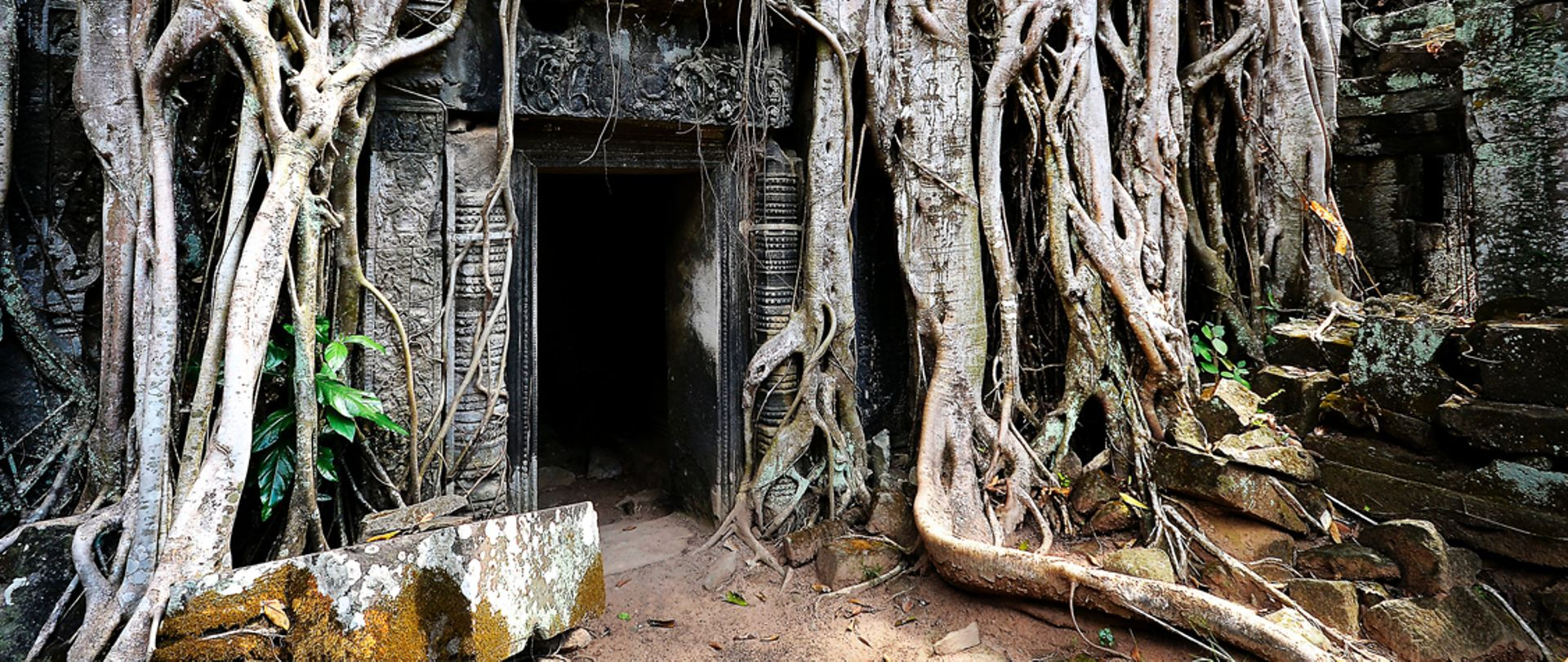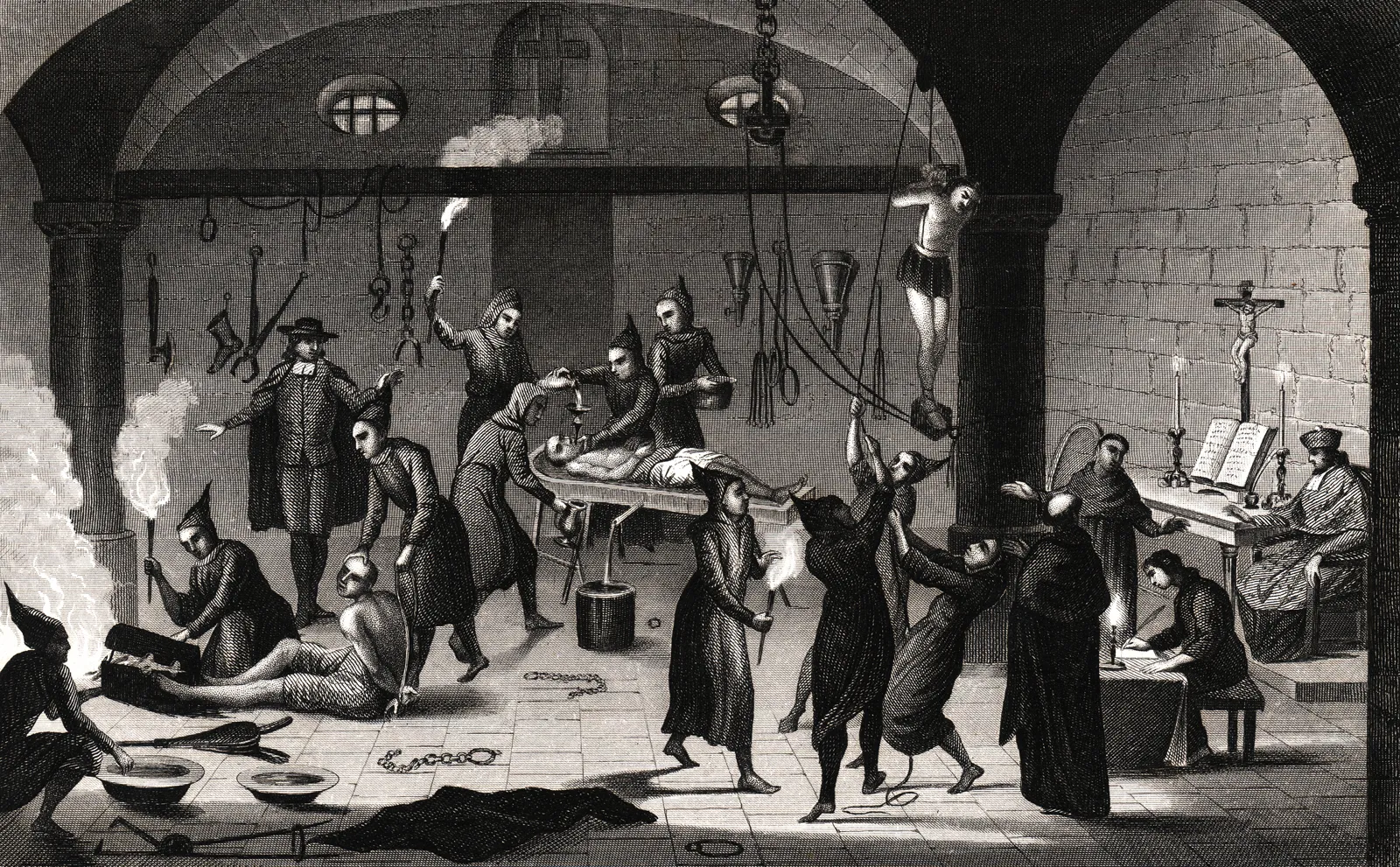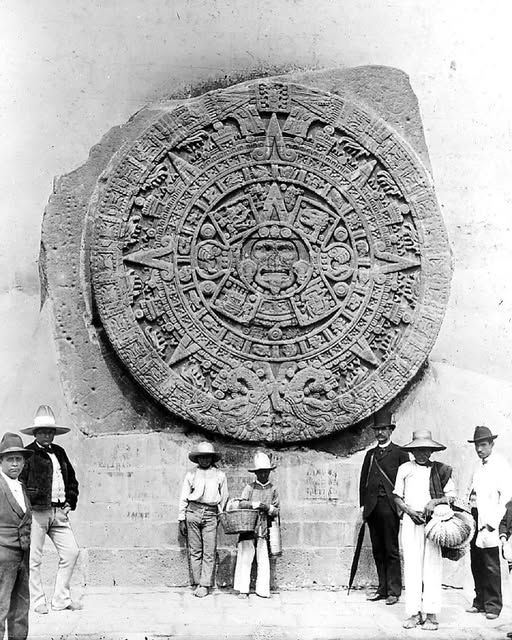In a landmark gesture of cultural cooperation, Italy will return 145 ancient Greek coins to Greece, as announced during a high-level bilateral meeting held in Athens between Greece’s Minister of Culture Lina Mendoni and her Italian counterpart Alessandro Giuli.
The coins, originally discovered on the island of Kos between 1929 and 1930, have been stored for nearly a century at the Archaeological Museum of Rome. Their return is part of a broader Memorandum of Understanding signed by the two countries, aimed at enhancing collaboration in cultural heritage preservation and the fight against antiquities trafficking.
A Renewed Cultural Partnership
This meeting follows up on talks held two weeks earlier during the Naples Conference, and underscores the “excellent and creative partnership” between Greece and Italy on multiple cultural fronts—including institutional, museum-based, archaeological, and artistic collaborations.
Minister Mendoni emphasized the joint role of Greece and Italy as guardians of Greco-Roman civilization, noting that Western culture is rooted in the wisdom of both ancient Greece and Rome. She called for united efforts to showcase this shared heritage throughout Europe and globally.
A Symbolic Conclusion to a Longstanding Case
The signing of the Memorandum of Understanding also marked the official conclusion of the "Symes Collection" case—a long-running and complex antiquities repatriation effort involving illegally exported cultural artifacts. Thanks to effective collaboration between Greek and Italian authorities, the case reached a just resolution with the restoration of key objects to their rightful home.
Cultural Proposals and New Joint Initiatives
During the meeting, Minister Giuli—on his first official visit to Athens as Italy’s Minister of Culture—proposed two significant new initiatives:
A joint exhibition featuring works by Greco-Italian artists Giorgio de Chirico and Alberto Savinio, displayed alongside the ancient artifacts that inspired their "metaphysical school" of painting.
A Mediterranean Festival of Intangible Cultural Heritage, focused on preserving and promoting folk traditions and highlighting the deep cultural ties across the region.
Mendoni enthusiastically welcomed both proposals, stating they offer a timely opportunity to showcase the Mediterranean as a cradle of civilization and cross-cultural dialogue.
In addition, Syrago Tsiara, General Director of Greece’s National Gallery, suggested organizing a thematic exhibition exploring the relationship between Futurism and modern Greek art, through the lens of Filippo Tommaso Marinetti, Constantine Cavafy, and Constantinos Parthenis. Giuli readily agreed, proposing that the exhibition be hosted at the National Museum of 21st Century Arts (MAXXI) in Rome.
Ancient Women: Shared Narratives from Greece and Italy
The ministers also agreed to collaborate on a dual exhibition project that merges two current shows:
“Cycladic Women: Untold Stories of the Aegean”, presented in Santorini, and
“Being a Woman in Pompeii”, currently on display at the Archaeological Park of Pompeii.
Their goal is to create a unified exhibition highlighting women’s lives in the ancient world, to be displayed both in Greece and Italy, followed by a joint international tour.
Support for the Return of the Parthenon Sculptures
As part of the visit, Mendoni guided Giuli through the Acropolis Museum, accompanied by Director Nikos Stampolidis. The ministers held detailed discussions about Greece’s ongoing request for the return of the Parthenon Sculptures.
Minister Giuli expressed support for the cause, stating that the British Museum should act in accordance with modern museum ethics and return the sculptures to their rightful place in Athens.
Cultural Diplomacy in Action
The visit concluded with the ministers attending a special anniversary event marking 18 years of the European Public Law Organization, held at the Roman Agora, alongside Greek Parliament Speaker Nikitas Kaklamanis.
Later that evening, the two ministers attended a moving performance of Euripides’ Medea by Italy’s Teatro Patologico, a troupe composed of actors with intellectual disabilities—underscoring how culture can be both inclusive and transformative.
A Partnership Rooted in Shared Heritage
From joint exhibitions to the repatriation of cultural treasures, this meeting reaffirmed the strong bonds between Greece and Italy—two nations with deeply intertwined histories and a shared commitment to preserving the legacy of the ancient world.
As Mendoni stated, initiatives like these are “not just cultural milestones—they are acts of international respect, restitution, and unity.”

